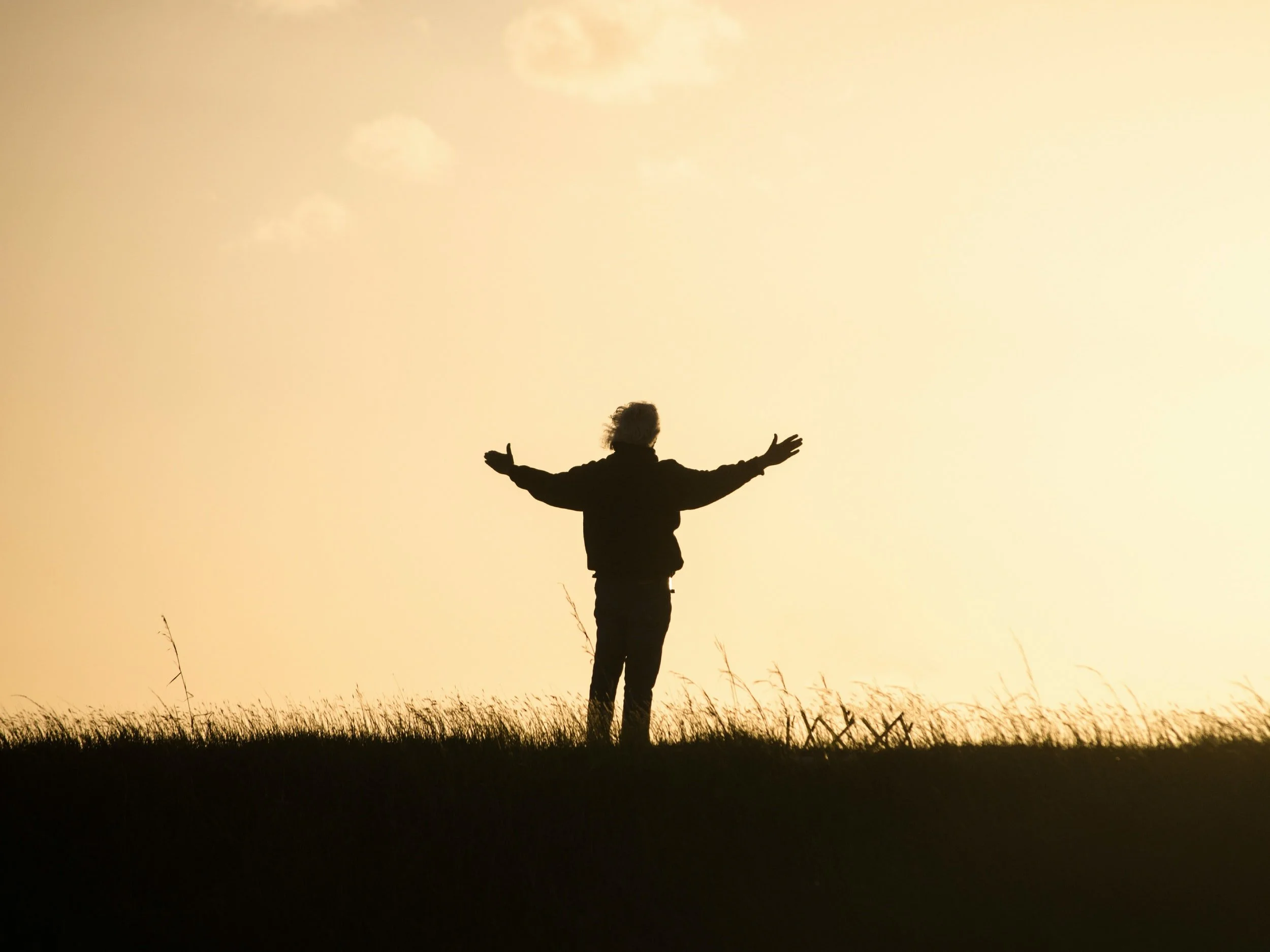Cultivating Gratitude
Grateful people are happier people—this seems like wisdom you might find on a bumper sticker because of its obvious truth and positive feel, but research on gratitude also backs up this statement. When you have a moment when someone does something for you that fills your heart with grateful feelings of warmth, it can feel wonderful.
But you don’t have to wait for circumstances to bring this feeling to you—there are things you can do in your life to proactively create feelings of gratitude for yourself with the experiences you already have in your life, and create new experiences that will bring more feelings of gratitude to your life and to the lives of those around you. And with this gratitude comes several benefits, among them an increased resilience toward stress!
The following are proven strategies to bring more gratitude into your life and your relationships. Some of them are simple practices that you can try by yourself to bring a one-time burst of happiness; some of them are activities that can be practiced regularly to add an elevated sense of well-being to your mood. One or two of them are grand gestures that you will remember for years to come. Whatever you’re looking for, consider the following, and see how you may enhance your life with gratitude.
Smile!
Studies show that the simple act of smiling can actually change the way you feel, regardless of why you are smiling. Add to this the fact that many people instinctively smile back when they see a genuine smile on someone else’s face, and you gain double the benefits—you feel better yourself, and you are surrounded by a world of smiling, happy people. A smile can ease a difficult social interaction in a matter of seconds, reducing the amount of stress you may feel in an otherwise sticky social situation.
Maintain a Gratitude Journal
There are many proven benefits that come with journaling, including improved health and greater resilience. Maintaining a gratitude journal, however, brings an extra layer of benefit. At the end of each day (or when you need an emotional lift), write down three things for which you are grateful, and really savor the positive feelings that come when you think about them.
Maintaining a gratitude journal has been shown to lift depressed feelings and help relieve stress.
Practice the Loving Kindness Meditation
The loving-kindness meditation is one that is widely practiced and brings both the benefits of meditation and those of increased compassion and connection to others. It begins with a focus on positive, loving feelings toward self, and branches out from there. This type of meditation can help you to revel in feelings of gratitude you have for all of the important people in your life, and to develop greater feelings of gratitude for those with whom you may struggle.
Be Mindful of Your Comparisons
Virtually everyone can fall prey to feelings of envy—someone gets a promotion we felt we were meant to have, has the “perfect” relationship or insanely well-behaved children we always thought we’d have, or just seems to always have what we’re working hard for (and not getting) in our own lives. Usually, those who are prone to envy tend to compare the worst in their own lives to the best in someone else’s—rarely do we want to trade entire lives with someone else, but rather we wish we had that one thing that they have that would make our lives that much better. Or we compare their best day, quality, or circumstance with our worst.
If you find yourself wrestling with the green-eyed monster, you can untangle yourself from the brawl by altering your comparisons and adding some extra gratitude to the mix. If you find yourself wishing you had something that someone else has, remind yourself to notice what you have that they don’t—not in a competitive way, but in a, “Oh yes, I’m lucky, too!” way.
Also, if you find yourself feeling inferior because a friend does something better than you do, notice all the areas in your life where you excel, and be grateful for them. You get the idea—combat envy with pride in what you’re good at, and gratitude for what you have. Soon, this will become a sort of habit, and your bouts of envy will become even fewer and farther between.
Give a Hug And a "Thank You
Simply expressing gratitude with a quick word or an embrace can help you to feel more connected with others, and help them to feel more connected to you. These quick experiences can translate into positive feelings on both sides, as well as stronger relationships and all of the benefits that come with them.
Plan a Gratitude Visit
How many people have showed you kindness in your life—kindness that has changed your circumstances, given you something important when you needed it, or helped you in some way? When was the last time you told one of these people how much you appreciated them and what they did for you, and how it helped you in your life? Writing a letter of gratitude and delivering it—what positive psychologists refer to as a “gratitude letter” and “gratitude visit”—can bring positive feelings to the people you appreciate, and even more positive feelings to you! It’s a big gesture that brings even bigger benefits.

